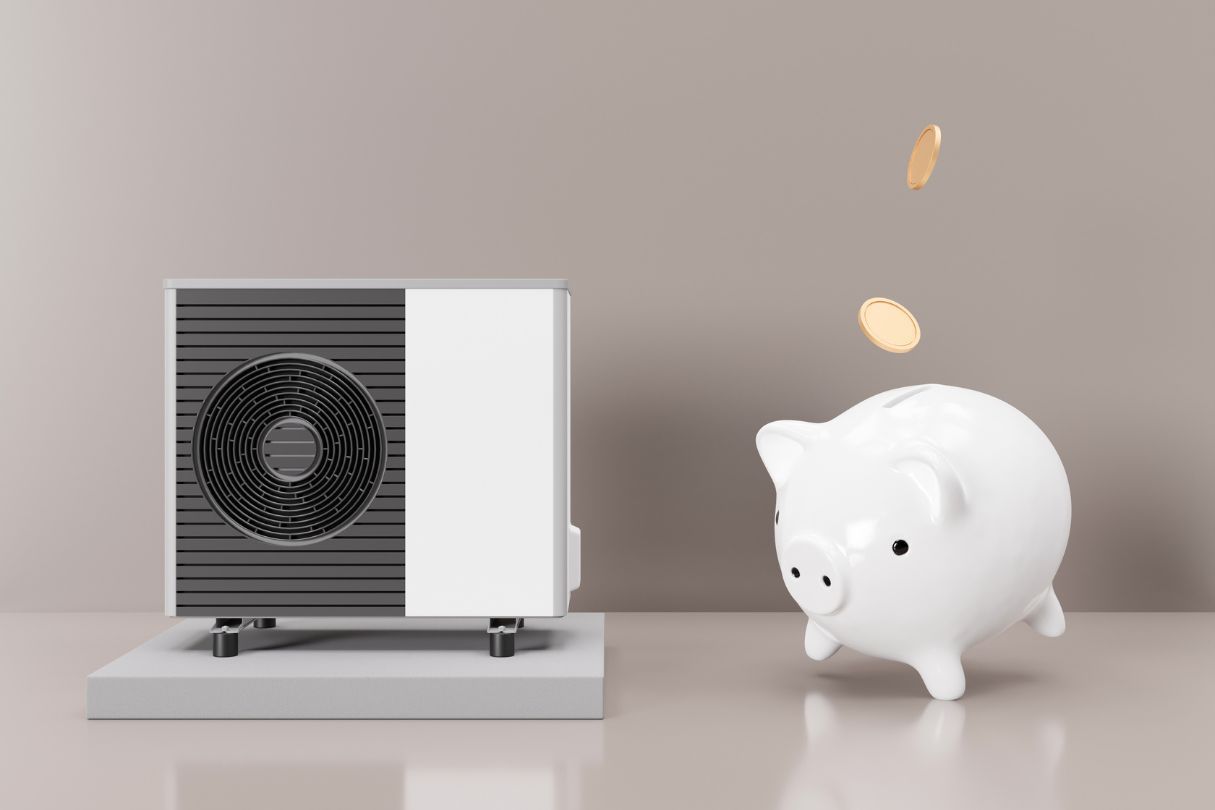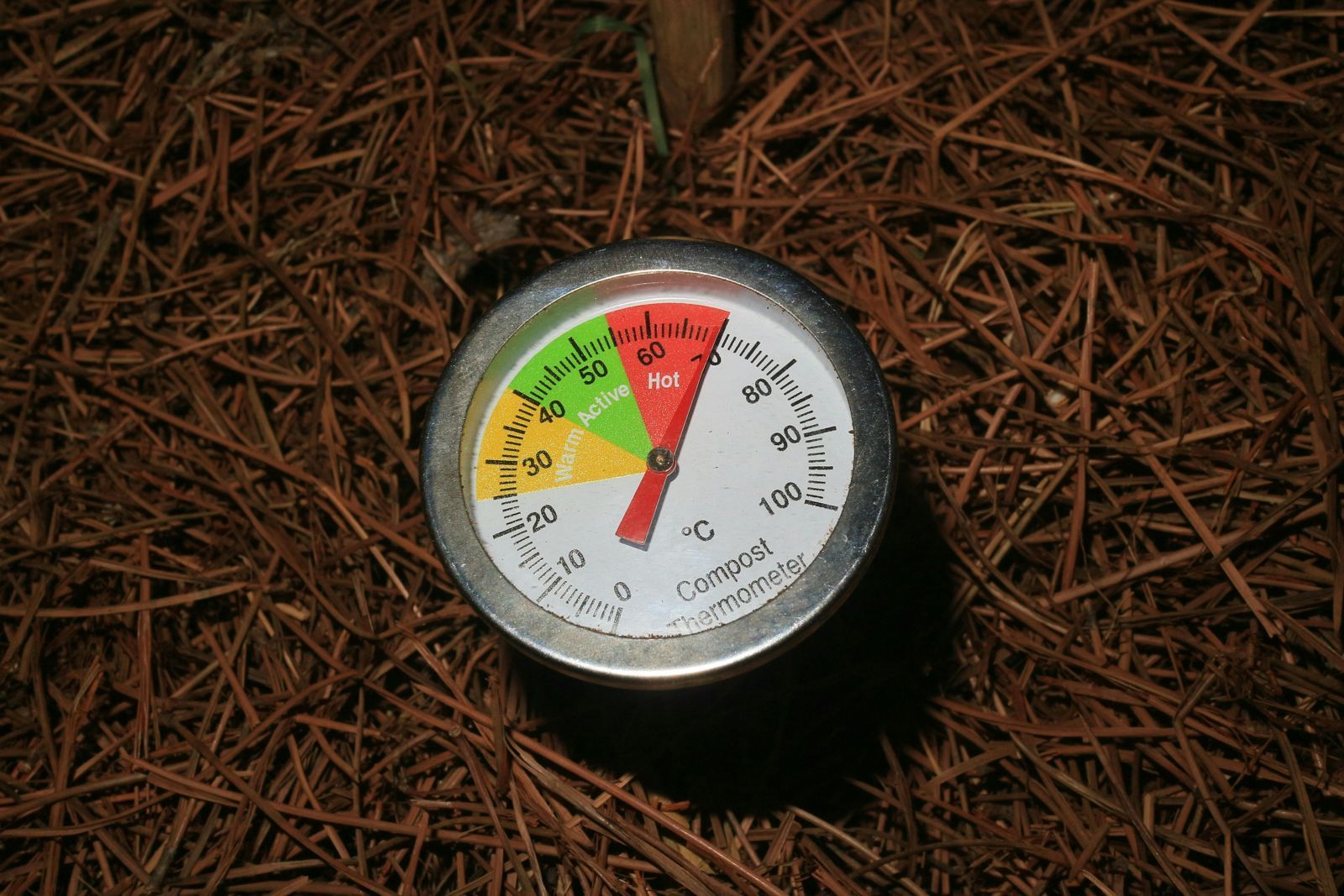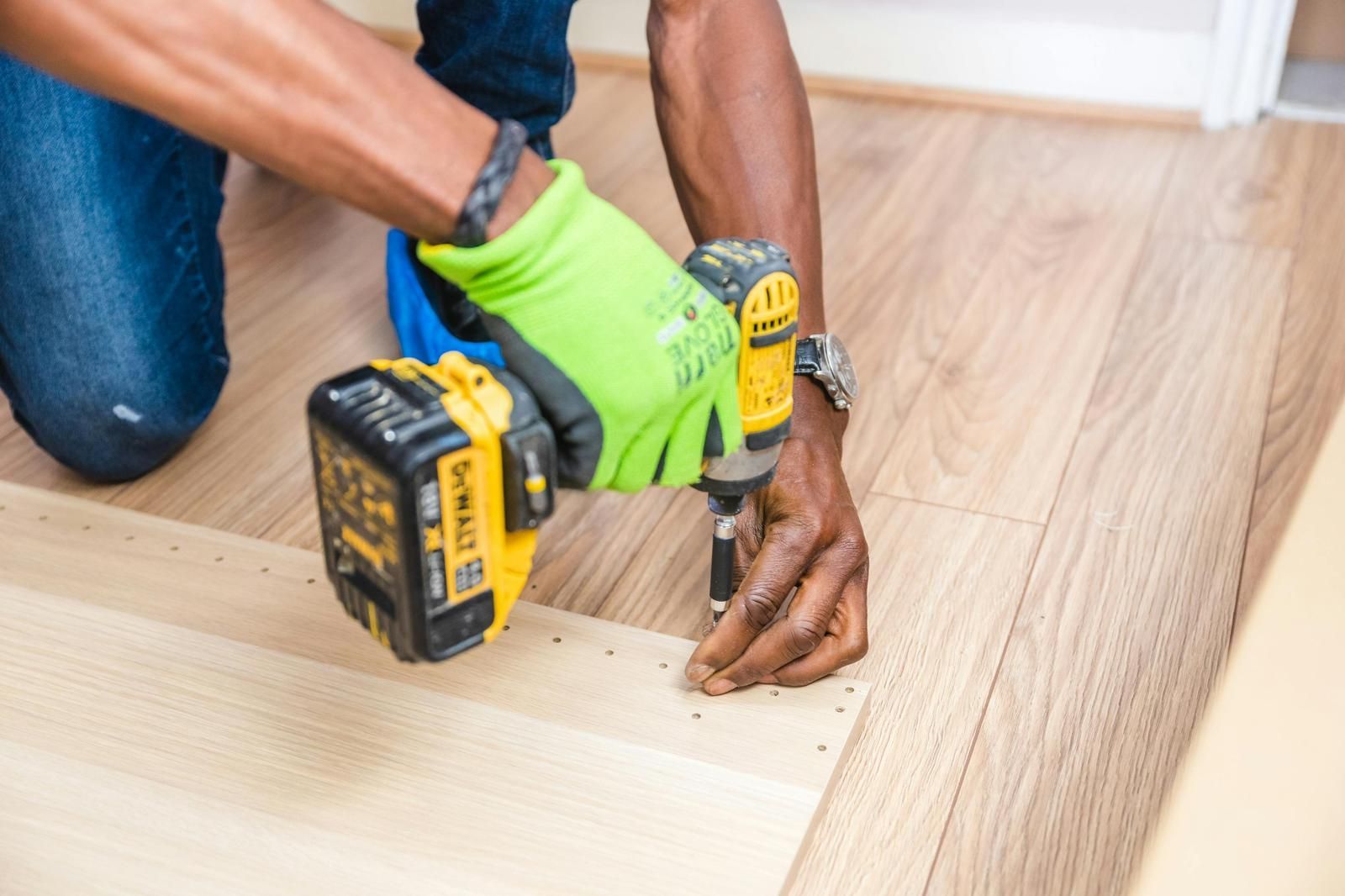Maintaining Your Air Source Heat Pump

Air source
heat pumps are growing in
popularity due to their
energy-efficient method for heating and cooling homes. As with any system, regular
maintenance is required in order to keep your unit running
efficiently and effectively, keeping
optimal performance up and
cost down. Throughout this blog post, we will go over the major measures you can take in order to
preserve your air source heat pump.
Cleaning and Replacing Air Filters
One of the most
essential elements of air source heat pump maintenance is
replacing or
cleaning the air
filters frequently. Clean air filters are an essential part of maintaining
optimal performance and airflow. You should locate and
examine your heat pump system's air filters on a
regular basis. You may be required to replace your filters every
1-3
months in order to keep up
energy efficiency.
Clear The Unit Of Debris
With the installation of heat pumps being outside, it goes without saying that it can easily become
blocked with debris. This will lead to a decline in the systems'
performance due to the
limitation on air flow. We recommend that you
regularly clear the area surrounding your outside unit to ensure proper airflow and performance.
Check The Parts
Heat transfer proceeds through the
evaporator and condenser
coils in your air source heat pump. As time passes, these coils are likely to
collect dirt and debris,
limiting their performance. In order to
safely remove and accumulation of dirt, access the coils and
clean them off using a
soft brush or vacuum. Clean the coils at least
once a year to guarantee peak performance.
Inspect The Blower Fan
The blower
fan in your air source heat pump is an
essential feature for maintaining
appropriate airflow throughout your system. A soiled or broken blower fan is likely to
limit efficiency and airflow,
reducing the heat pump's general
effectiveness. Inspect and clean your blower fan on a
regular basis in order to maintain your units' performance.
Check Refrigerant Levels
Suitable refrigerant levels are vital for your air source heat pump's operation. If your refrigerant levels are low, this could be pointing towards a leak in the system, resulting in diminished performance. If you notice signs of low refrigerant levels, such as reduced heating or cooling power, strange noises, or ice build-up on the outdoor unit, we recommend you contact a professional to help you with these issues.
Schedule Professional Maintenance
Although there are a few maintenance procedures you can carry out yourself, we highly recommend scheduling annual maintenance with a certified HVAC expert. A professional examination will help you detect any issues that may have been missed, check that all components are working effectively, and optimise your system's performance. An annual servicing will help your heat pump last longer and save you money on future problems.
If you are looking to optimise the efficiency and effectiveness of your air source heat pump, make sure you follow these maintenance tips and schedule annual professional maintenance. Regular maintenance will extend the longevity of your system, as well as saving you money on energy bills and costly repairs. Take care of your air source heat pump and it will keep you comfortable all year.
You might also like











